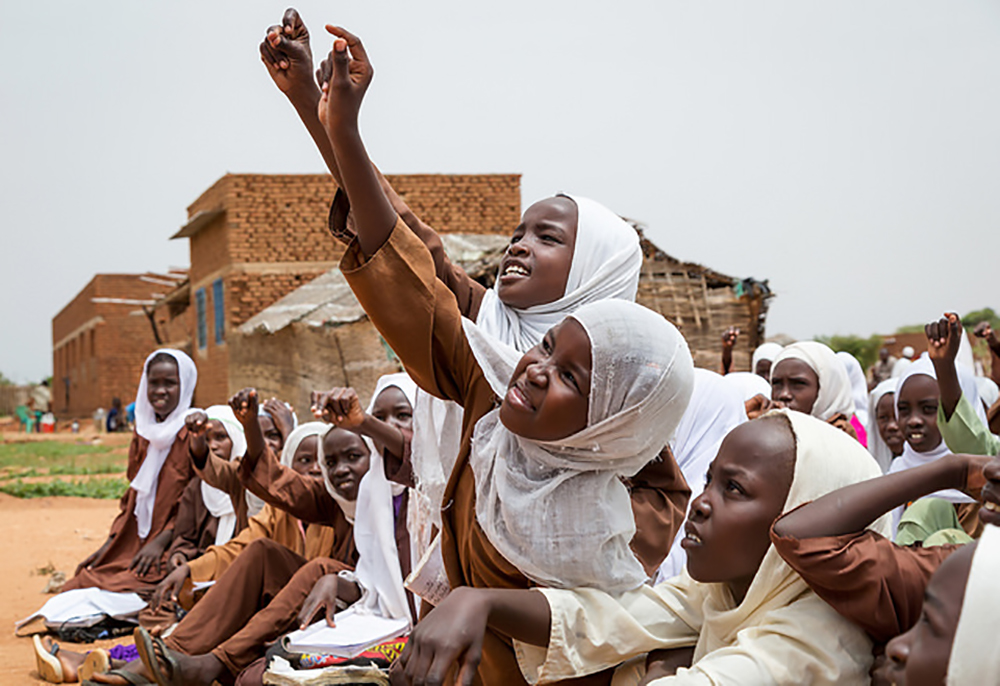
Sudan: Intense debate over the decision to start the school year
moatinoon
Fierce battles continue between the Sudanese army and the Rapid Support Forces since last April in the states of Khartoum, Kordofan, and Darfur, with a complete absence of any talk about the nearness of a ceasefire since the suspension of the Jeddah Forum negotiations at the end of last June.
The war between the two parties has led to the death of about ten thousand civilians, the displacement of five million people inside and outside Sudan, the collapse of the health system, and the shortage of food, water, services, and the disruption of the school year.
Thousands of school and university students, whose family financial conditions allowed, enrolled in educational institutions in Egypt, South Sudan, Uganda, Kenya, Turkey, and Malaysia, and some private educational institutions moved to neighboring countries.
The vast majority of students in Sudan face a bleak future and a threat to the resumption of the educational process, especially in the states affected by the war, where many schools and universities have been demolished, and used as shelters for displaced people in states not affected by the party.
General Al-Burhan directed the Nile State government to open schools and regularize the educational process to avoid disrupting the school year. The state governor asked the competent authorities to develop a plan for the beginning of the school year.
A secondary school teacher in the Nile State told (Citizens) about General Al-Burhans directions, saying, It seems that His Excellency the General does not know that secondary school students have not yet sat for the exams, and he also does not know that the schools in the state have become shelters for the displaced people from the Khartoum war, or else how could he issue such a directive.
Following Al-Burhans directions in the Nile River, the Council of Ministers directed the opening of schools and universities in the safe areas according to his claim, forgetting that the war displaced millions of students and their families inside and outside the country. Most of those who were internally displaced now live in schools that have been turned into shelters.
Most states are unsafe, such as Darfur, Kordofan, Khartoum, and even Gezira state, which loses the nationality of education, according to a statement by the Sudanese Teachers Committee.
The statement issued by the Cabinets decision added, Teachers have not been paid their salaries for about six months in some states, making it difficult to open schools, in addition to the poor economic situation of the students families and their loss of job opportunities, which makes it difficult to provide for their childrens expenses.
The Sudanese Teachers Committee demanded that the beginning of the school year be a gateway to stop the war, and that it be a comprehensive national decision that addresses the crisis and not a pretext for dividing the country.

